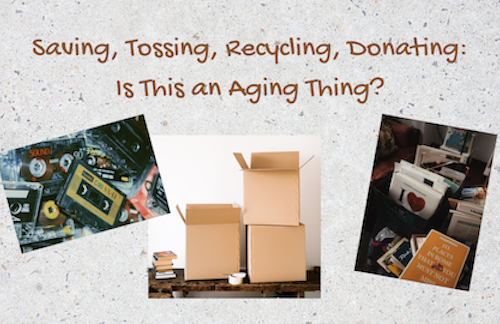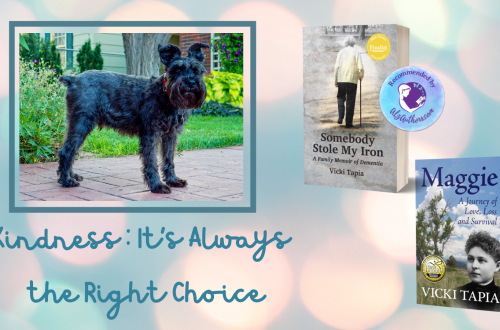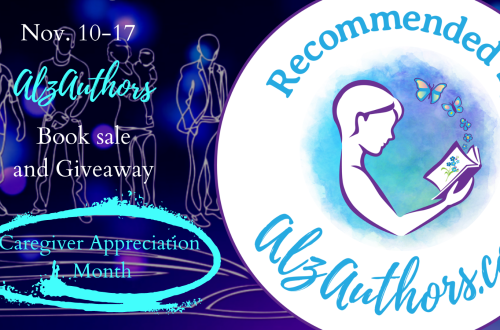An Unsung Hero…The Family Caregiver
In 2004, my father was diagnosed with Parkinson’s-related dementia and a few months later, my mother with Alzheimer’s disease. That was the year I became a caregiver. While my parents didn’t reside with me, I was still intimately involved in their daily care for the next 4 and 5 years. Traveling down that rabbit hole of dementia with my parents was difficult and sad. I watched helplessly as this disease steadily and ruthlessly chipped away at their brains, one memory at a time. That said, it was also a time of considerable personal growth for me. I learned to parent my parents with patience and compassion, caring for them much as they’d cared for me as a child so many years before. Interspersed with the challenges were times of fleeting lucidity, as well as moments of poignant tenderness, which I still remember and cherish, even today. These are moments I would have missed forever, had I not been a family caregiver.
According to Alzheimer’s Association’s 2015 Facts and Figures, 85 % of unpaid caregiving
help provided to older adults in the U.S. is provided by family members; 2/3 of them women. And, over half of us caring for people with dementia are taking care of parents.
How many of us actually plan on being an unpaid caregiver? Whether it’s a spouse, parents or a well-loved aunt, it’s unlikely most of us ever anticipate the reality of wearing the label “caregiver.” As the boomer population continues to age, the number of unsung heroes caring for a family member is on the upswing. According to the report *Caregiving in the U.S. 2015, there are currently an estimated 34.2 million American adults taking care of a loved one 50 years or older.
Caregiving can be overwhelming, both emotionally and physically, bringing with it a myriad of emotions, all of which I experienced at one time or another, including:
- Frustration
- Helplessness
- Anger
- Sadness
- Depression
- Guilt
Caregiving can be lonely! At times, I remember feeling like I was on a deserted island, with nary a person who really understood what it was like.
While speaking at a caregiver’s meeting recently, two women approached me afterwards to share their stories. One woman told me her spouse with Alzheimer’s is slowly becoming more than she can handle, but her children are insisting that she keep him at home. The other woman suspects that her elderly father, who lives next door to her, is showing signs of dementia, but he flatly refuses to go to the doctor. They were both searching for answers. Like growing old, caregiving is not for sissies.
I sensed in these 2 women what experts label caregiver burnout, a very real phenomenon and a number one reason why it’s imperative for all caregivers to recognize the importance of self-care.
If you or someone you know is experiencing these symptoms, I encourage you, please make time for a doctor’s visit.
- Anxiety
- Irritability
- Social withdrawal
- Sleeplessness
- Exhaustion
- Poor concentration
- More susceptible to illness
*Caregiving in the U.S. 2015 – A Focused Look at Caregivers of Adults Age 50+ was published by The National Alliance for Caregiving (NAC) and the AARP Public Policy Institute





